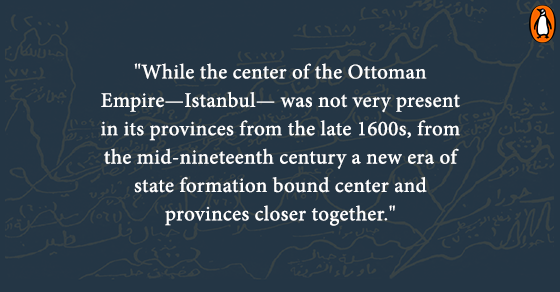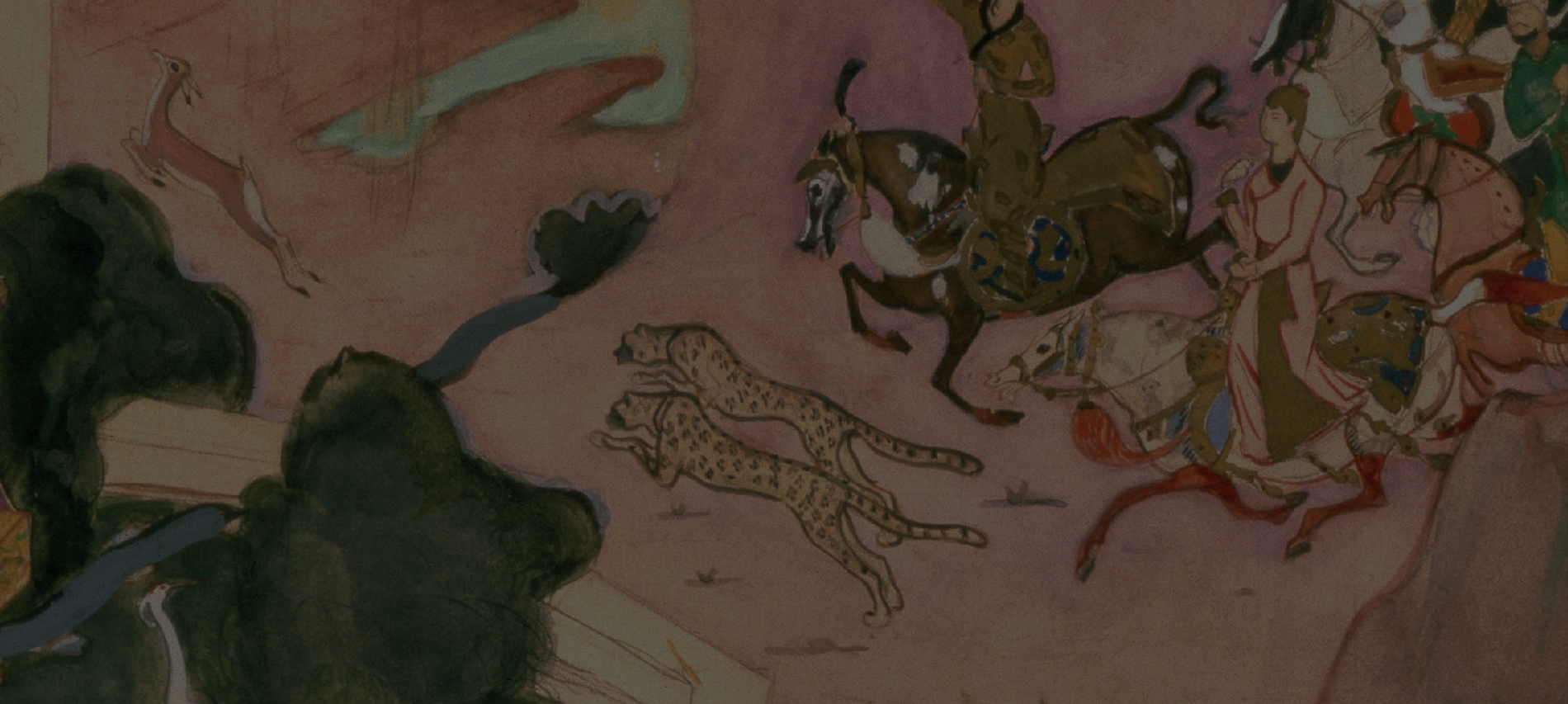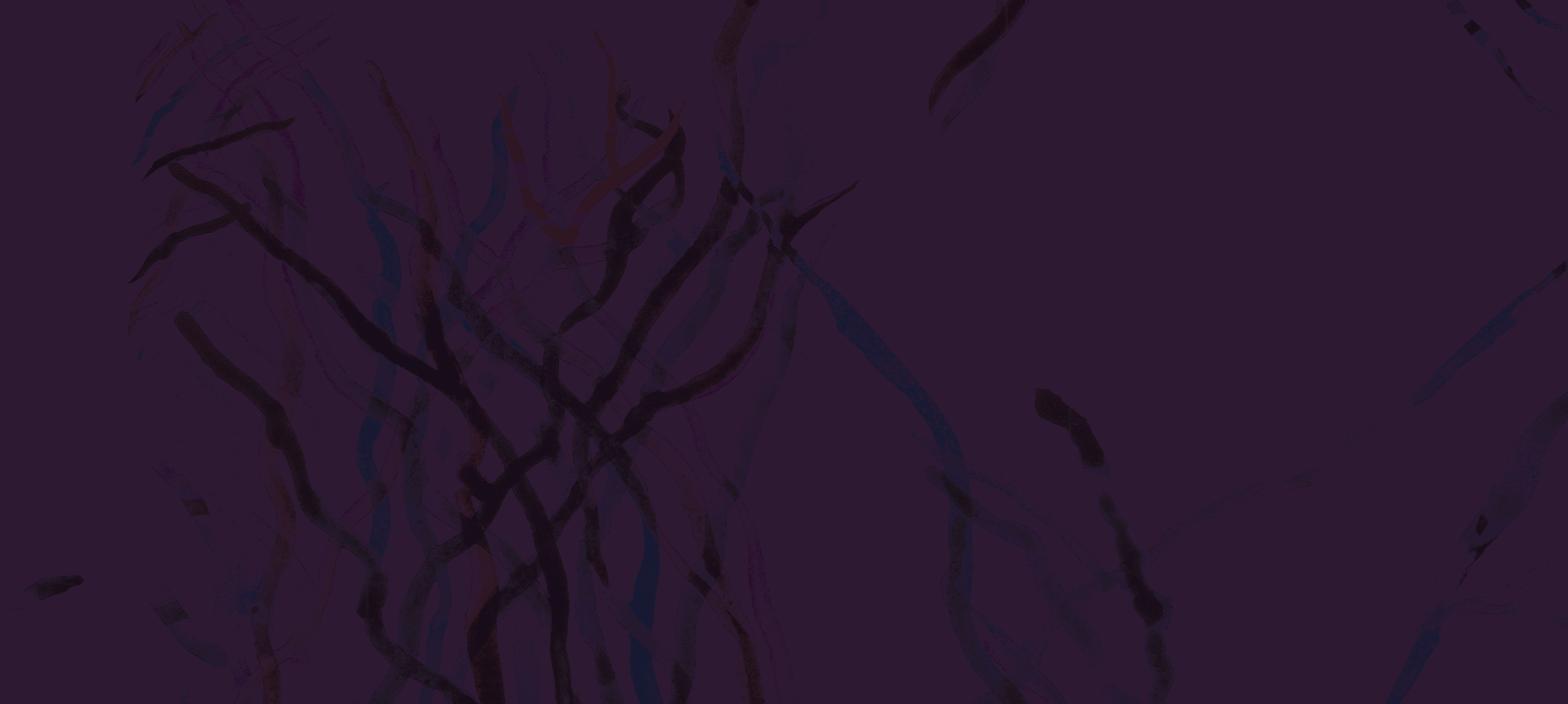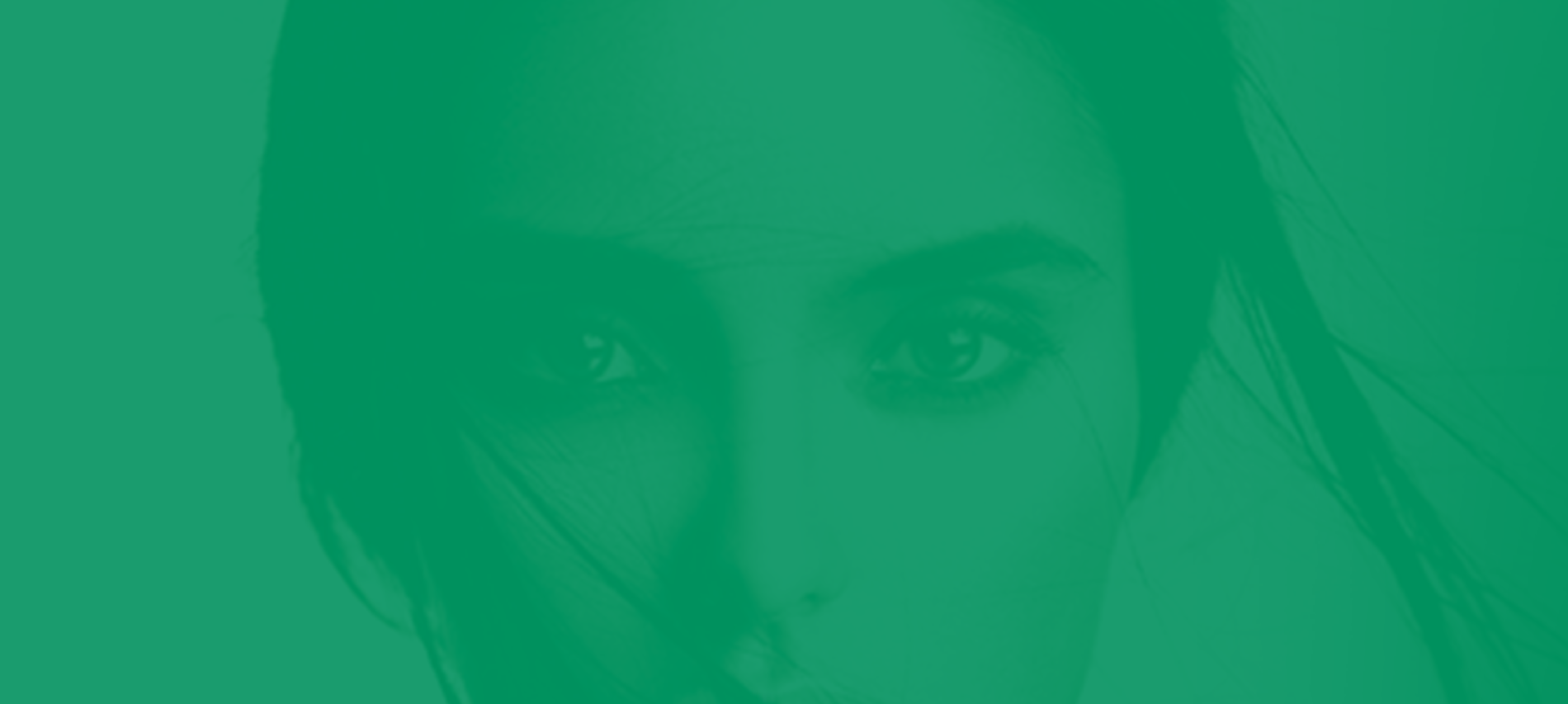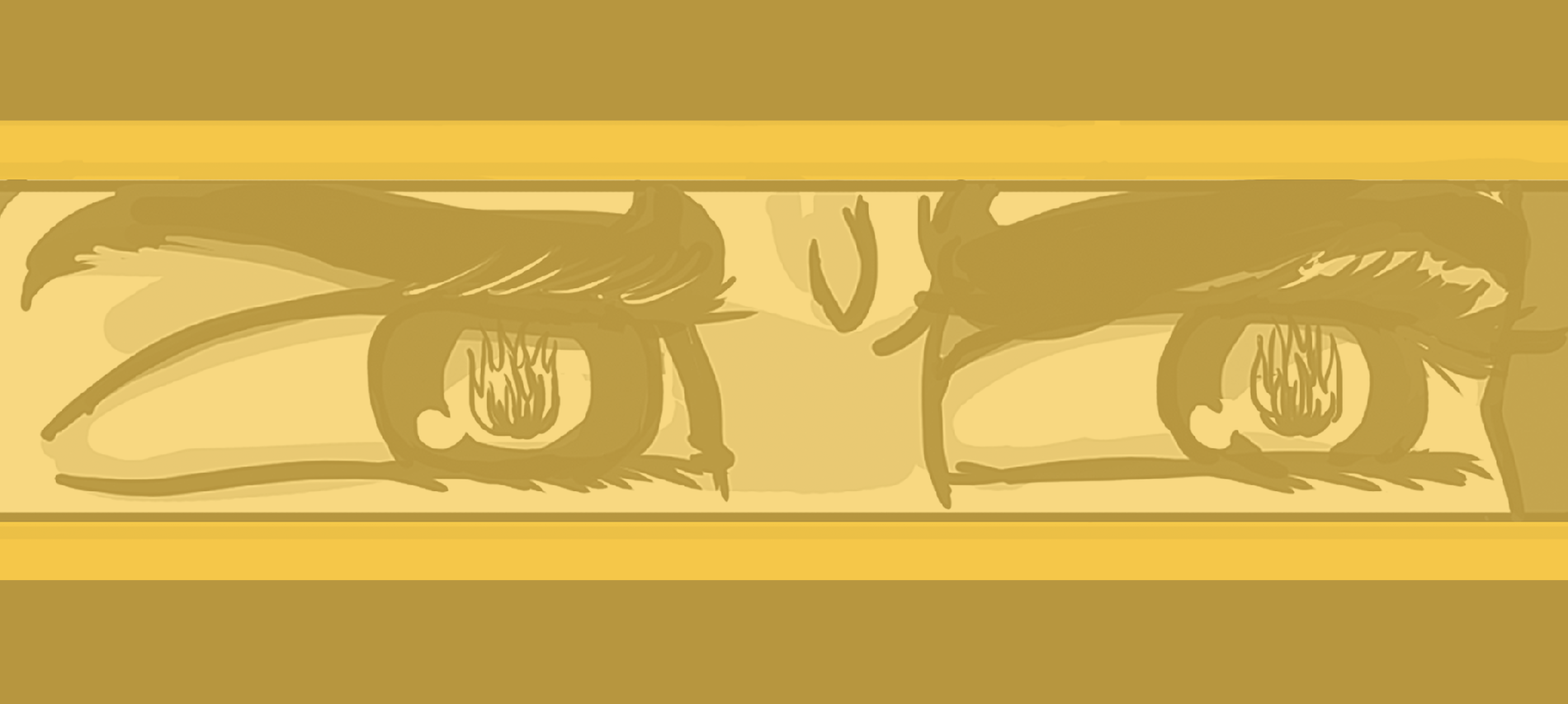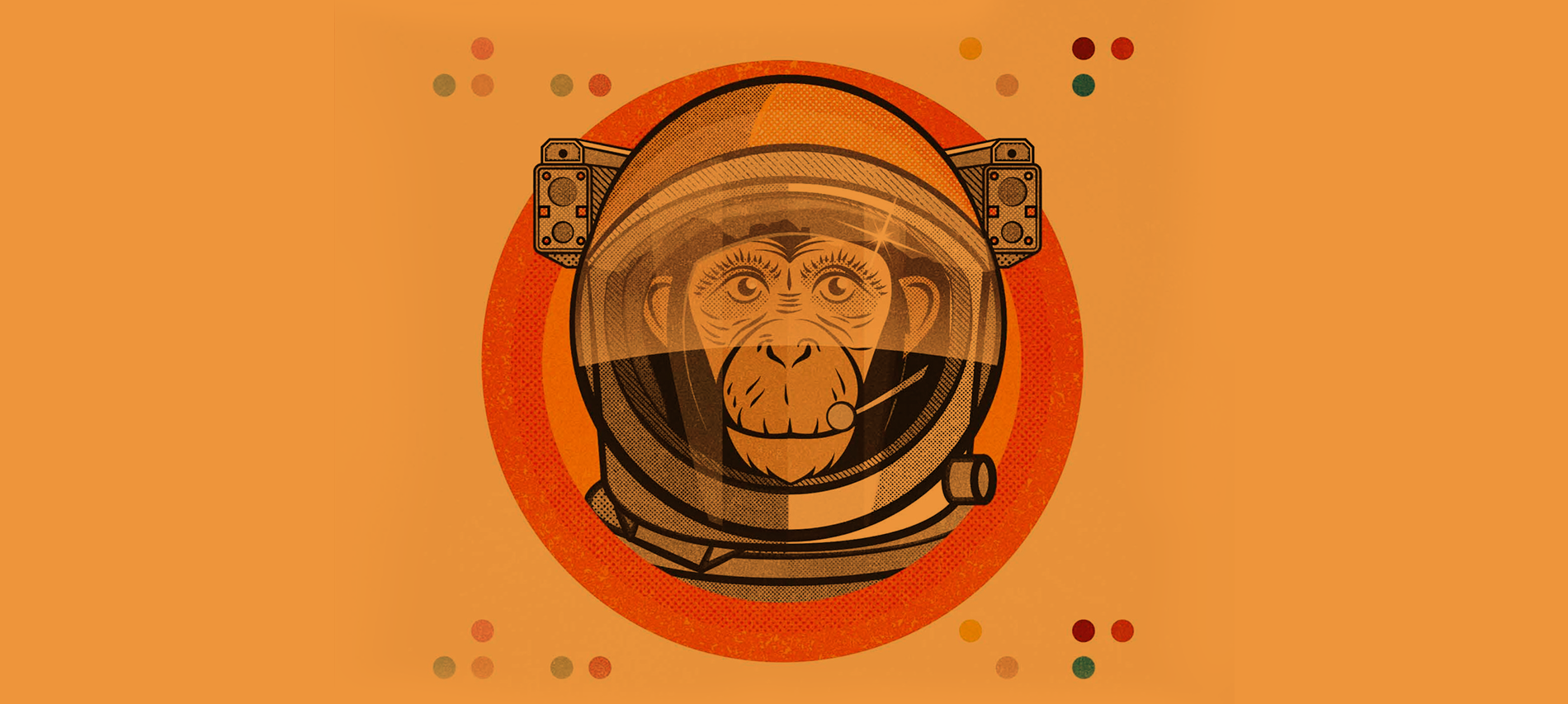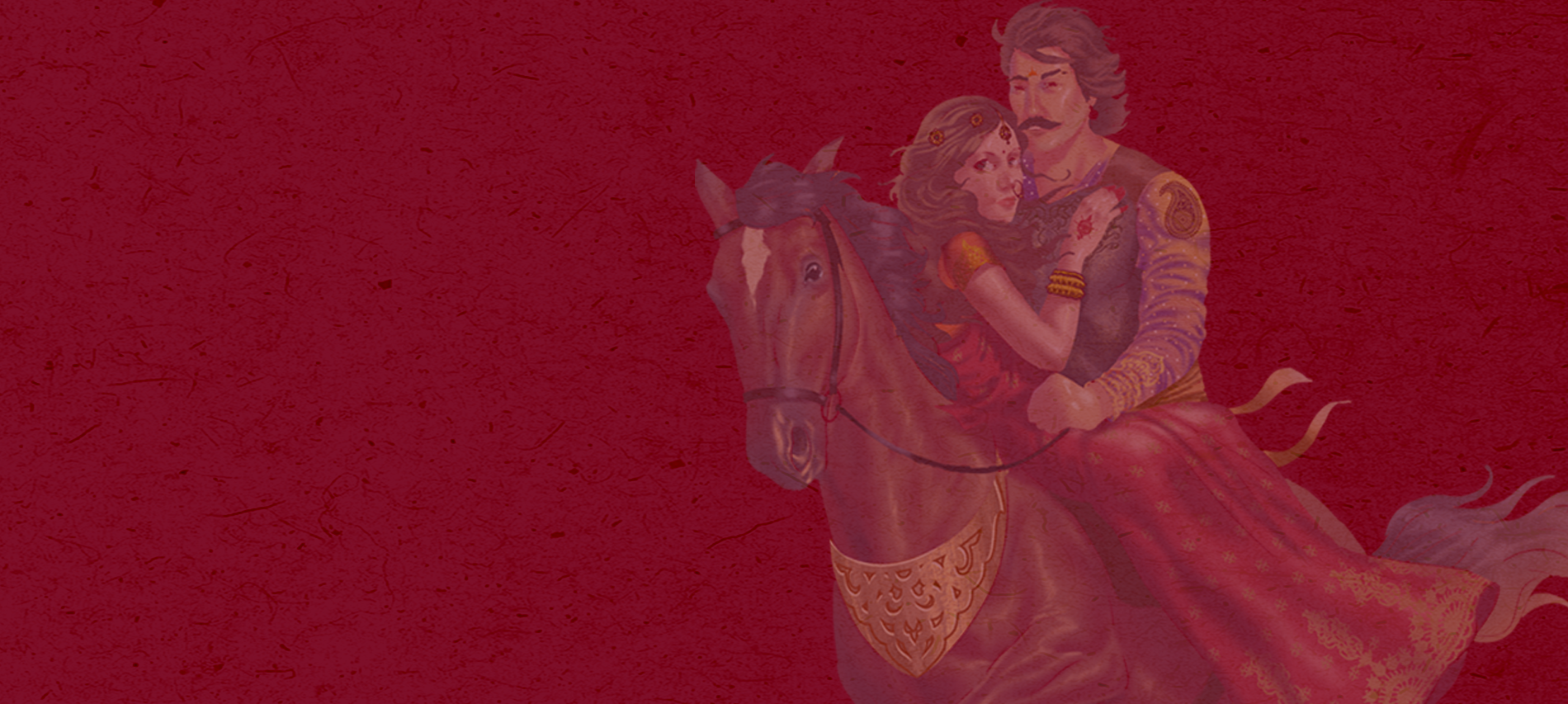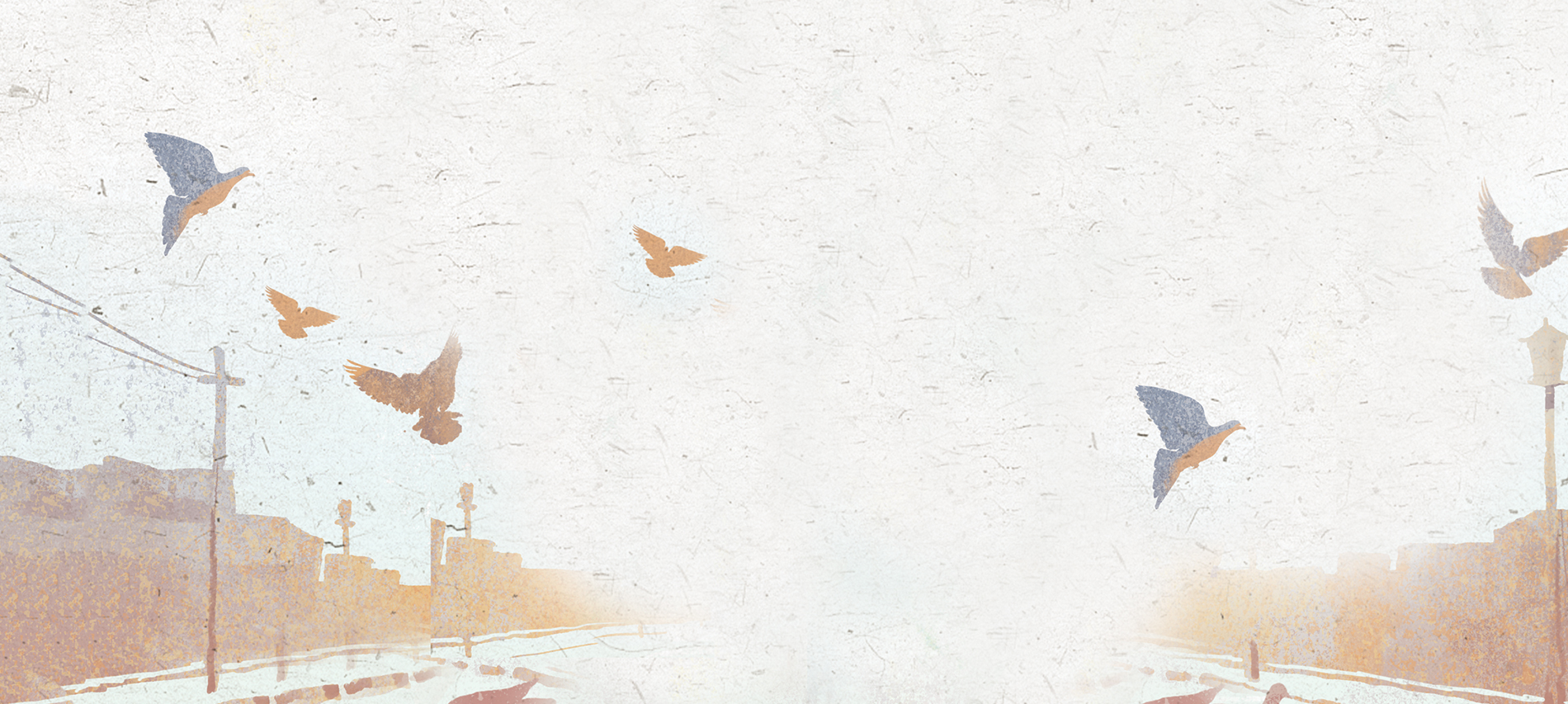Cyrus Schayegh in ‘The Middle East and the Making of the Modern World’ traces how a Eurocentric world economy and European imperialism molded the Middle East from the mid-nineteenth to mid-twentieth century.
Here is an excerpt from the book.
“I dreamed I was in Jerusalem.” Thus start dozens of entries in the diary of Khalil Sakakini, a Palestinian educator and intellectual born 1878 in Jerusalem, during his stay from the fall of 1907 to the summer of 1908 in New York City and Maine. By day he works in America; he barely makes ends meet, translating Arabic texts for a Columbia University professor, proofreading for a local Arabic journal, sweating in a paper mill. By night he crosses the ocean; he visits his extended family, including his best friend, Dawud Saidawi, other friends and neighbors. Particularly after Dawud’s death in January 1908 his longing is dark; his dreams often plummet into anxiety, horror even. And almost without fail the place that gives his dreams their shape is his hometown.
The family house is center stage. In April 1908 Sakakini dreams that “I entered the house and asked about my mother and was told she had died, then I asked about my brother Ya‘cub and was told he had died, then I asked about Shafiq and was told he had died and about Na’ifa and was told she had died, and I started to slap my face in despair, shouting oh mother, oh brother, oh Shafiq, oh Na’ifa.” Around the house twist and turn the alleyways of Jerusalem’s Old City. Soon after hearing of Dawud’s death Sakakini writes that “I was in Jerusalem, walking in the Christian Quarter, opposite our shop, . . . When I got to the steps of Dayr al-Rum, women descended in a procession ordered in rows, in the first row girls wrapped in a white shawl, but their cloths and headscarves black and their forearms bare, behind them four rows of elderly women, all of them drowning in black.” Beyond the Old City stretch new neighborhoods and buildings. Shortly before Dawud’ death, Sakakini dreams that
I was walking from place to place looking for Dawud, on my way I met the teacher Ya‘qub Andria, then I suddenly met [Dawud] and anxiously greeted him and he greeted back. He carried a bolero on his shoulder and wore glasses. We walked together, I asked how he was and he answered me: like shit. We walked a bit further until we reached the train station and he said: hurry before the train leaves, and started to dance as fast as lightning and jumped onto one of the roofless wagons and before I got to [it] the train moved, tearing through the land with tremendous speed and I almost succeeded in jumping on the wagon but could not and I waved at him and bode him farewell and told him wait for me at the next train.
There is no way to ascertain one true interpretation of these dreams, a fact compounded by our inability to tell Sakakini’s dreams from his accounts thereof. Take the last dream. At its start, is Sakakini walking through a vague dream-world- Jerusalem or is he in particular places but does not care telling? And why does he meet the teacher just before seeing Dawud? We cannot know. Besides, are not these Dreams unexceptional, timeless even, and hence useless to the historian?
Not quite. Sakakini’s dream accounts are part of diary entries; in return, these form part of a larger range of texts like letters; hence they have contexts and in this sense are open to interpretation. Many letters are for Sultana—a neighbor’s daughter, beautiful, and an educator and Greek Orthodox like him—with whom Sakakini fell madly in love the summer of his departure. They are always emotive and often come with more than one tear. (Sultana is more down-to- earth: “What’s this, Khalil?! Do not make crying all-consuming business!”) And in these letters as in Sakakini’s dreams, Jerusalem is the arena. At its center is, again, the family’s house. In the last letter that Sakakini gives Sultana before leaving, he implores her “remember me when you visit the house, stand in your window that overlooks our house and say ‘peace be upon you, oh Khalil.’” And beyond the house extend, again, the city and its environs. Sakakini asks Sultana “to visit as often as you can our beloved rock” in the Shaikh Jarrah neighborhood, and recalls the day “we . . . with my sister Milia walked on the road of the Mount of Olives and I felt like gaily striding on the peak of my happiness.”
Was the geography of Jerusalem that of Sakakini’s longing, then? Put awkwardly, was “the local” all that mattered to the emotions of somebody who crossed an ocean and “went global,” as it were?
Yes and no. “The local” was key to Sakakini’s emotions; it grounded them. But just like the “real” Jerusalem of bricks and stones started spilling beyond its old walls by the mid-nineteenth century, the Jerusalem of Sakakini’s dreams and love was not walled in. It was not simply local.
And the way it was not simply local was neither indistinguishably commonplace nor sakakinesquely idiosyncratic, but specific enough to tell us a thing or two about the time and place the writer lived in.
By the mid-nineteenth century Ottoman Jerusalem started interacting with the world in ways both new and transformative. (Outside worlds had of course been present in this city holy to Jews, Christians, and Muslims for millennia.) While the center of the Ottoman Empire—Istanbul— was not very present in its provinces from the late 1600s, from the mid-nineteenth century a new era of state formation bound center and provinces closer together. European powers, too, became more active. Interacting with these changes, Jerusalem’s ties with its rural surroundings grew stronger. All these changes found reflection in Sakakini’s Jerusalem, including that of his dreams. He may have dreamed of Dawud racing away on a train not simply because he was afraid to lose him but because Dawud—his very best friend—had moved from Jerusalem to Jaffa. From here, a French company had built a railway to Jerusalem in 1892. And it was here that Sakakini met Dawud for the last time, as it was in this port city that he commenced his maritime journey to America.








